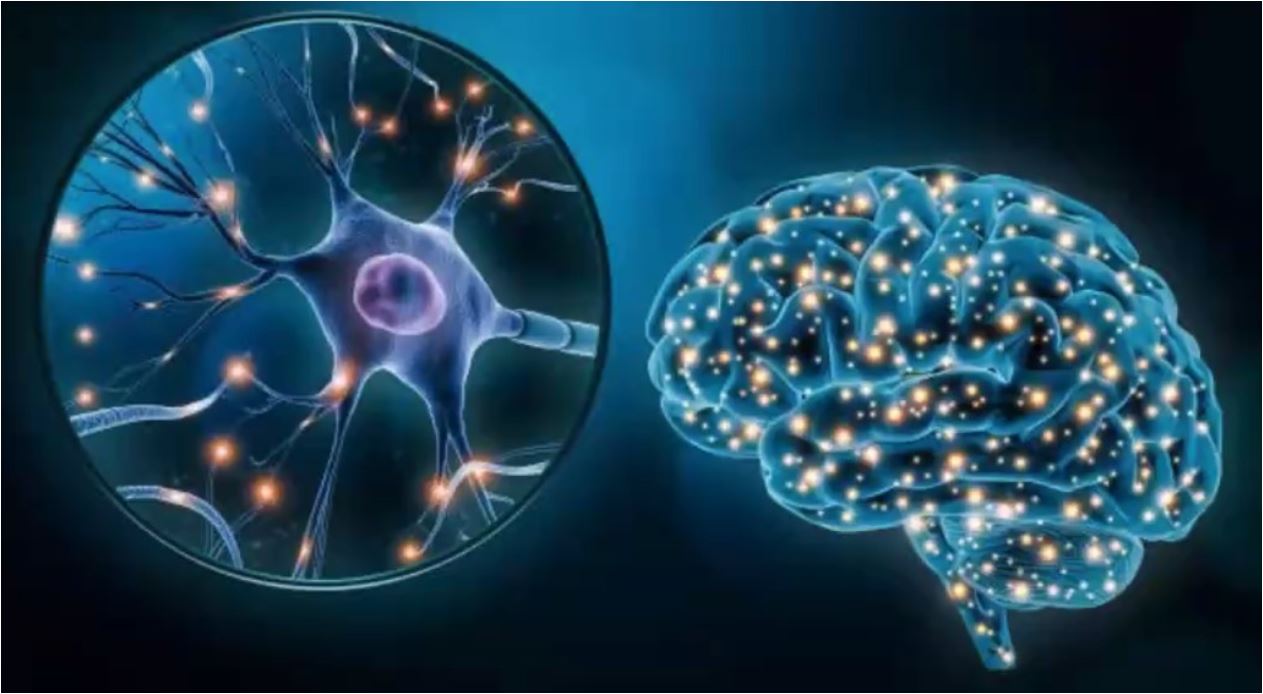How to Reclaim Your Life: A Strategic Approach to Managing Personal and Professional Stress
This article presents evidence-based strategies for managing stress across professional and personal domains, focusing on sustainable practices that create lasting behavioral change through actionable frameworks. Special attention is given to stress management for individuals with ADHD and practical relief techniques.










